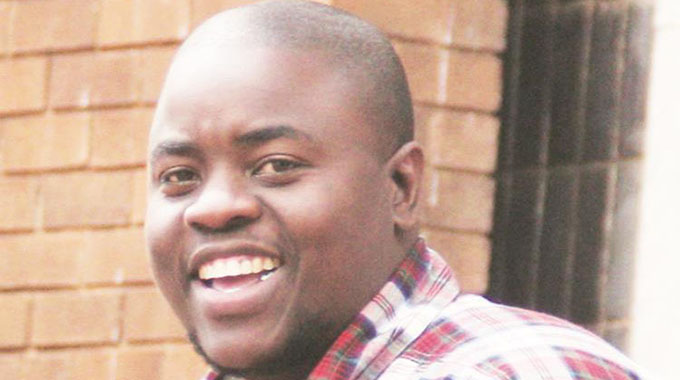Judgment reserved in Chivayo appeal

Chief Court Reporter
The Supreme Court has reserved judgment in the case in which the National Prosecuting Authority (NPA) is appealing against a High Court decision last year to acquit businessman Mr Wicknell Chivayo on fraud charges involving $5,6 million linked to the Gwanda Solar Project.
Chivayo and his company, Intratrek Zimbabwe, were cleared of all the corruption charges over the Zimbabwe Power Company’s Gwanda solar project.
Justice Owen Tagu ruled that the businessman and his company had no criminal case to answer.
It was the court’s finding that the dispute between Chivayo’s company and ZPC was contractual.
The appeals court, led by Deputy Chief Justice Elizabeth Gwaunza, heard submissions from both parties’ lawyers and reserved its ruling to a later date.
Advocate Lewis Uriri and Adv Sylvester Hashiti argued the matter for Chivayo and his company respectively while Mrs Sharon Fero, assisted by Mr Zivanai Macharaga, represented the NPA.
The prosecution wants to quash the lower court’s ruling on the grounds that the higher court erred in interfering with unterminated proceedings at the magistrates’ courts.
Chivayo, the prosecutors argued, had a case to answer in his personal capacity, particularly on allegations of misrepresentation he allegedly made to ZPC to release money to him when he had not commenced any work at the project site.
But the defence opposed the appeal arguing the lower court properly decided the contentious issues, which led to setting aside of the trial court’s decision.
“The court a quo found that there was a misdirection which justified the setting aside of the magistrate’s decision,” said Adv Uriri.
“The grounds of appeal do not challenge the finding of the misdirection. That finding of the misdirection cannot be vacated. It is not an issue before this court.”
Justice Tagu’s judgment criticised the State for “malicious prosecution” of Mr Chivayo on a contractual dispute incapable at law of being resolved through the criminal justice system.
He ruled that compelling a civil matter to be determined by the State through the criminal justice system was not only wrong but set a dangerous precedent if not tamed at its inception.
In addition, Justice Tagu said that if the courts allowed such prosecutions to occur in this country, no investor would open themselves to the extreme exigencies of having the fate of their investment determined by a criminal court.
In 2018, Mr Chivayo won a $25 million lawsuit against the ZPC for bringing up malicious criminal charges of fraud against him and allegedly frustrating his firm from performing its obligations at the Gwanda Solar Power Project.
In the civil case, presided over by Justice Tawanda Chitapi, the court ruled that ZPC acted unlawfully and in bad faith, possibly under external influence from parties that were not involved in the contract.









Comments